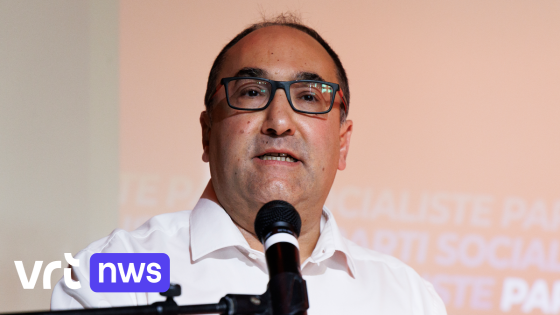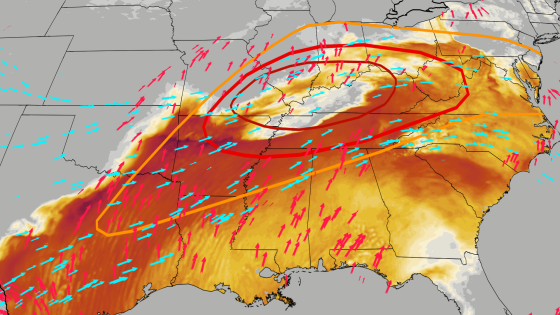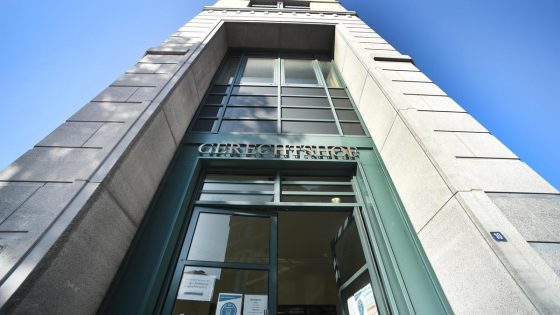The political landscape in Belgium remains uncertain as efforts to form a new government face significant delays. Brussels political leaders have expressed frustration over the slow progress, with no clear signs of movement as of 2025-05-12 15:05:00. The challenge of establishing a stable coalition continues to dominate discussions across the capital.
- Nieuwe regering vereist, Brussel toont weinig bereidheid
- Frédéric De Gucht signaleert gebrek beweging
- David Leisterh werkt aan onderhandelingsnota
- Andere partijen uiten twijfels over richting
- Formateur blijft stil, roept ironische boodschap
- Vaticaan geprezen voor snelle regeringsvorming
David Leisterh, the appointed formateur from MR, is working on a substantive policy note aimed at bringing parties to the negotiation table. However, the absence of this document has raised concerns among Dutch-speaking parties, who question the direction of these talks amid rising tensions and accusations.
With little communication from Leisterh himself—aside from an ironic message on X comparing Belgium’s delay to the Vatican’s swift government formation—many wonder if a breakthrough is near. What will it take to move beyond rhetoric and build consensus?
Why is the government formation process dragging on? The lack of concrete proposals and visible progress fuels uncertainty and skepticism. This situation prompts several considerations:
- The formateur’s silence leaves parties and citizens guessing about next steps.
- Frustration among Dutch-speaking parties highlights linguistic and political divides.
- Public impatience grows as political bickering overshadows meaningful negotiation.
Looking ahead, Belgian political actors must prioritize transparency and constructive dialogue to break the deadlock. Will they seize the opportunity to build a united government, or will the stalemate deepen? The coming weeks are crucial for Belgium’s political future.

































